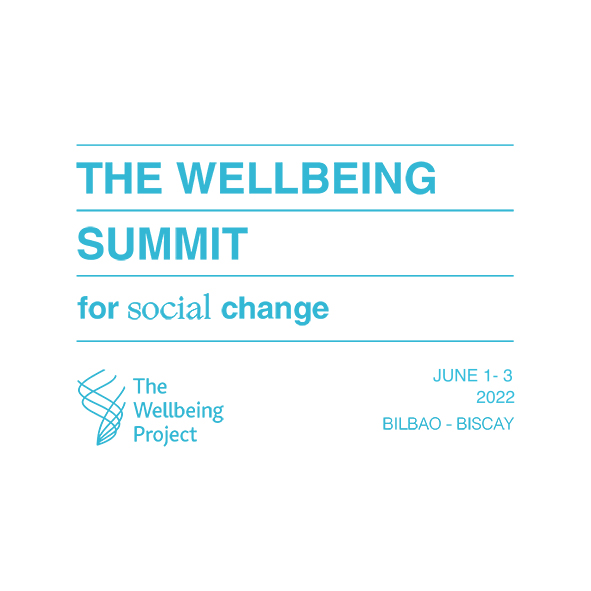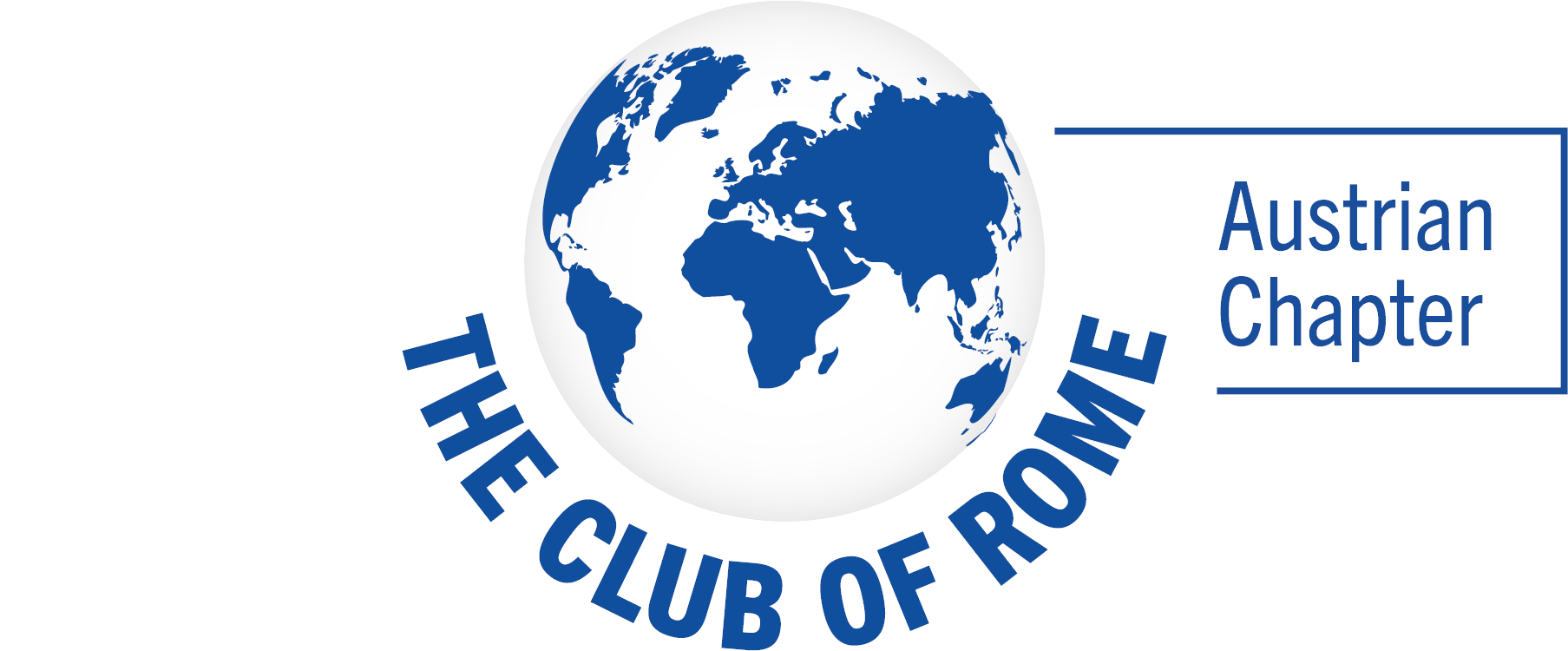Friedrich Hinterberger, Vice President of the Austrian Chapter of the Club of Rome participated in the first “Wellbeing Summit” in Bilbao from 1-3 June 2022. 900 participants from 70 countries met „to reflect and connect on what wellbeing means to each of us as individuals, organizations, and societies – it was an experience filled with inspiration, a bold step toward more collective action, and new commitments toward wellbeing to advance social change“.

„How to introduce wellbeing into public policy“ was one of the central topics discussed on the last day of the Summit by three (former) ministers from Argentina, France and Jordan, as well as the founder of a new “political school” called “Fratelli tutti”. “How can wellbeing become a guiding concept for politics?” asked Zainab Salbi, founder of Women for Women and Daughters for Earth, who moderated the panel. “Juan Maquieyra, Executive Director of Fratelli Tutti Political School, postulated “openness to one’s own transformation through what is happening” and to understand change not as a danger but as a mission to be embraced passionately. “Life has more imagination than you”, Najat Vallaud Belkacem, French Minister of Women’s Affairs and Education under Francois Holland, recalled her mother’s motto: “even if you fail: new doors open”.
It was precisely this “ability to project oneself into a positive future” that dominated much of the discussion. Rethinking the present and formulating new stories belong together. But new narratives also need a new language: “a language of the mind, of the hearts and of the hands, that is, of implementation”, said Juan Maquieyra, and Mario Quintana, former deputy head of cabinet in Mauricio Macri’s government in Argentina, added: “People need stories”. The current “story” of liberal capitalism is completely unacceptable and unsustainable, and the anthropological model behind it is “wrong”, Quintana said. But it is also accepted by fewer and fewer people.
According to Quintana, 80 years ago there were still three competing “narratives”: fascist nationalism, socialist communism and liberal capitalism. Since then, one after the other has lost its persuasive power – most recently also capitalism. But people are looking for such narratives and, in the absence of new ones, they fall back on the set pieces of earlier narratives, as put forward today by both right-wing and left-wing populists.
This is exactly what Zainab Salbi saw when the so-called Islamic State (IS) came to power in Iraq, where she herself comes from. Every group that had been in power before had promised the population “money and power”. “Now our sons are shooting at us”, she quoted a resident after the liberation from IS. To overcome this, she said, a new system of values was needed. Young people in particular are looking for such consistency between the different levels.
Artists can help to find such new “narratives”, says Vallaud, when it comes to thinking the unthinkable. Hope and courage play an important role, added Haifa Najjar, Minister of Culture in Jordan. And Zainab Salbi added that this had to happen together with the people: “this is the era of the people”, but also: “we need to push the agenda forward”, by which she obviously meant the “wellbeing community” that had come together for this summit.
In her closing statement, Najat Vallaud Belkacem said that politics must also take care of the tangible things, such as basic material supplies and physical security, in the spirit of Juan Maquieyra, who said: “We need to educate politicians – they are part of the solution”.
The Austrian Chapter is dedicated to the topic with the aim of developing indicators of progress “beyond GDP” (see http://wellbeing.clubofrome.at).
